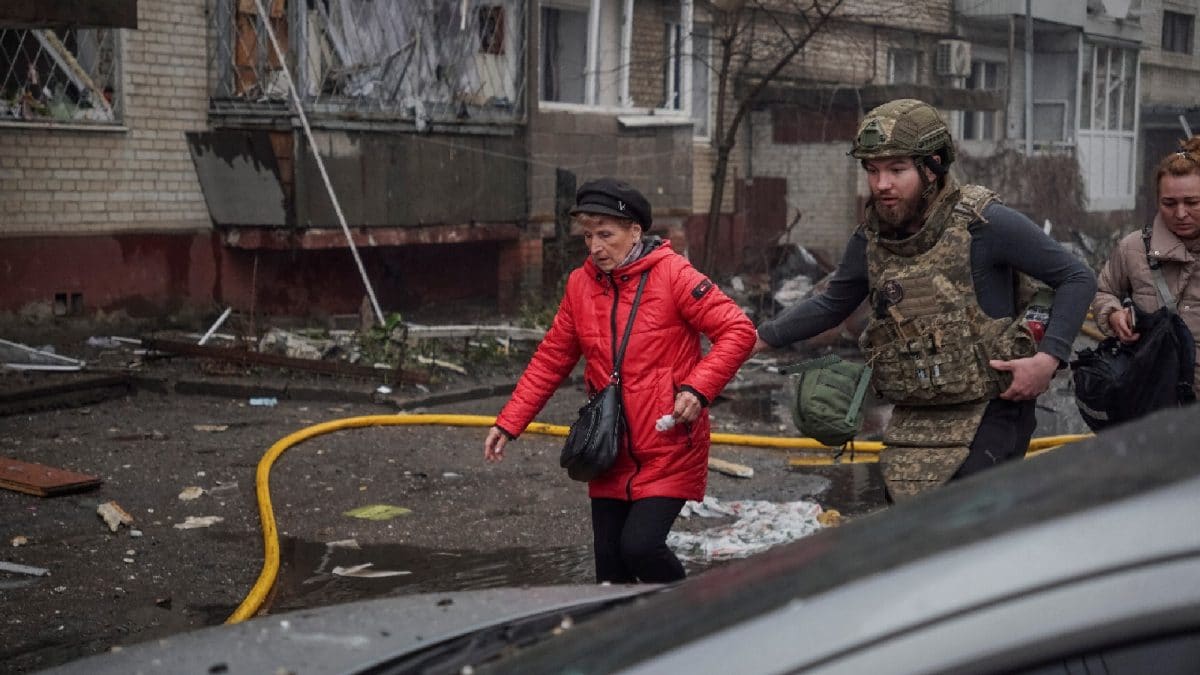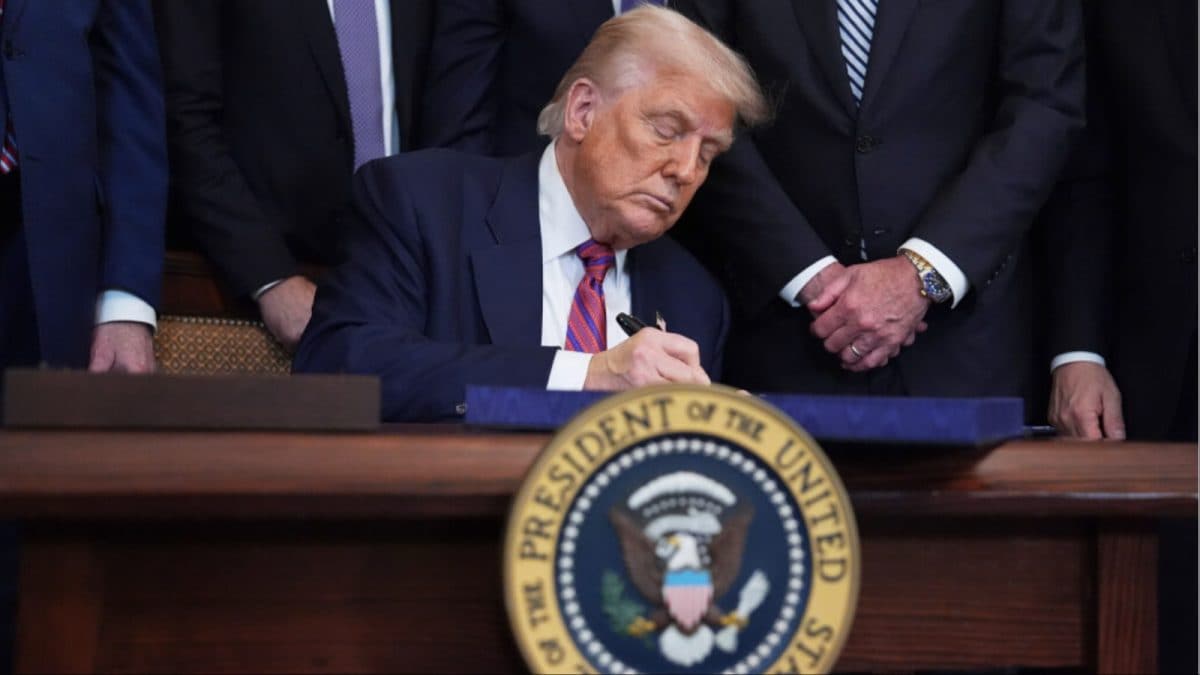The opinion by the ICJ, also known as the World Court, was immediately welcomed by environmental groups. Legal experts said it was a victory for small island and low-lying states that had asked the court to clarify states' responsibilities.

A woman searches for her belongings at a disaster-affected area, in Mandi district, Himachal Pradesh. (Photo: PTI)
The United Nations' highest court on Wednesday said countries must address the "urgent and existential threat" of climate change by cooperating to curb emissions, as it delivered an opinion set to determine future environmental litigation.
The Court of Justice said failure by countries to meet their climate obligations could, in specific cases, lead other states affected by climate change to litigate.
The opinion by the ICJ, also known as the World Court, was immediately welcomed by environmental groups. Legal experts said it was a victory for small island and low-lying states that had asked the court to clarify states' responsibilities.
Judge Yuji Iwasawa said countries were obliged to comply with the "stringent obligations" placed on them by climate treaties and failure to do so was a breach of international law.
"States must cooperate to achieve concrete emission reduction targets," Iwasawa said, as he read out the court's advisory opinion.
He said that national climate plans must be of the highest ambition and collectively maintain standards to meet the aims of the 2015 Paris Agreement that include attempting to keep global warming below 1.5 degrees Celsius (2.7 Fahrenheit).
Under international law, he said: "The human right to a clean, healthy and sustainable environment is essential for the enjoyment of other human rights."
Earlier, as he started a just over two-hour reading of the court's opinion, Judge Iwasawa laid out the cause of the problem and the need for a collective response.
"Greenhouse gas emissions are unequivocally caused by human activities which are not territorially limited," he said.
Historically, rich industrialised countries have been responsible for the most emissions. Iwasawa said these countries had to take the lead in addressing the problem.
POLITICAL AND LEGAL WEIGHT
The deliberation of the 15 judges of the ICJ in The Hague is non-binding, but it carries legal and political weight and future climate cases would be unable to ignore it, legal experts say.
"This is the start of a new era of climate accountability at a global level," said Danilo Garrido, legal counsel for Greenpeace.
Sebastien Duyck, senior attorney, at the Center For Environmental Law laid out the possibility of big emitters being sued.
"If states have legal duties to prevent climate harm, then victims of that harm have a right to redress," he said.
TWO QUESTIONS
Wednesday's opinion follows two weeks of hearings last December at the ICJ when the judges were asked by the UN General Assembly to consider two questions: what are countries’ obligations under international law to protect the climate from greenhouse gas emissions; and what are the legal consequences for countries that harm the climate system?
Wealthy countries of the Global North told the judges that existing climate treaties, including the 2015 Paris Agreement, which are largely non-binding, should be the basis for deciding their responsibilities.
Developing nations and small island states at greatest risk from rising sea levels argued for stronger measures, in some cases legally binding, to curb emissions and for the biggest emitters of climate-warming greenhouse gases to provide financial aid.
They had sought clarification from the court after the failure so far of the 2015 Paris Agreement to curb the growth of global greenhouse gas emissions.
Late last year, in the "Emissions Gap Report," which takes stock of countries' promises to tackle climate change compared with what is needed, the UN said that current climate policies will result in global warming of more than 3 C (5.4 F) above pre-industrial levels by 2100.
As campaigners seek to hold companies and governments to account, climaterelated litigation has intensified, with nearly 3,000 cases filed across almost 60 countries, according to June figures from London's Grantham Research Institute on Climate Change and the Environment.
- Ends
Published On:
Jul 23, 2025

 8 hours ago
8 hours ago



















